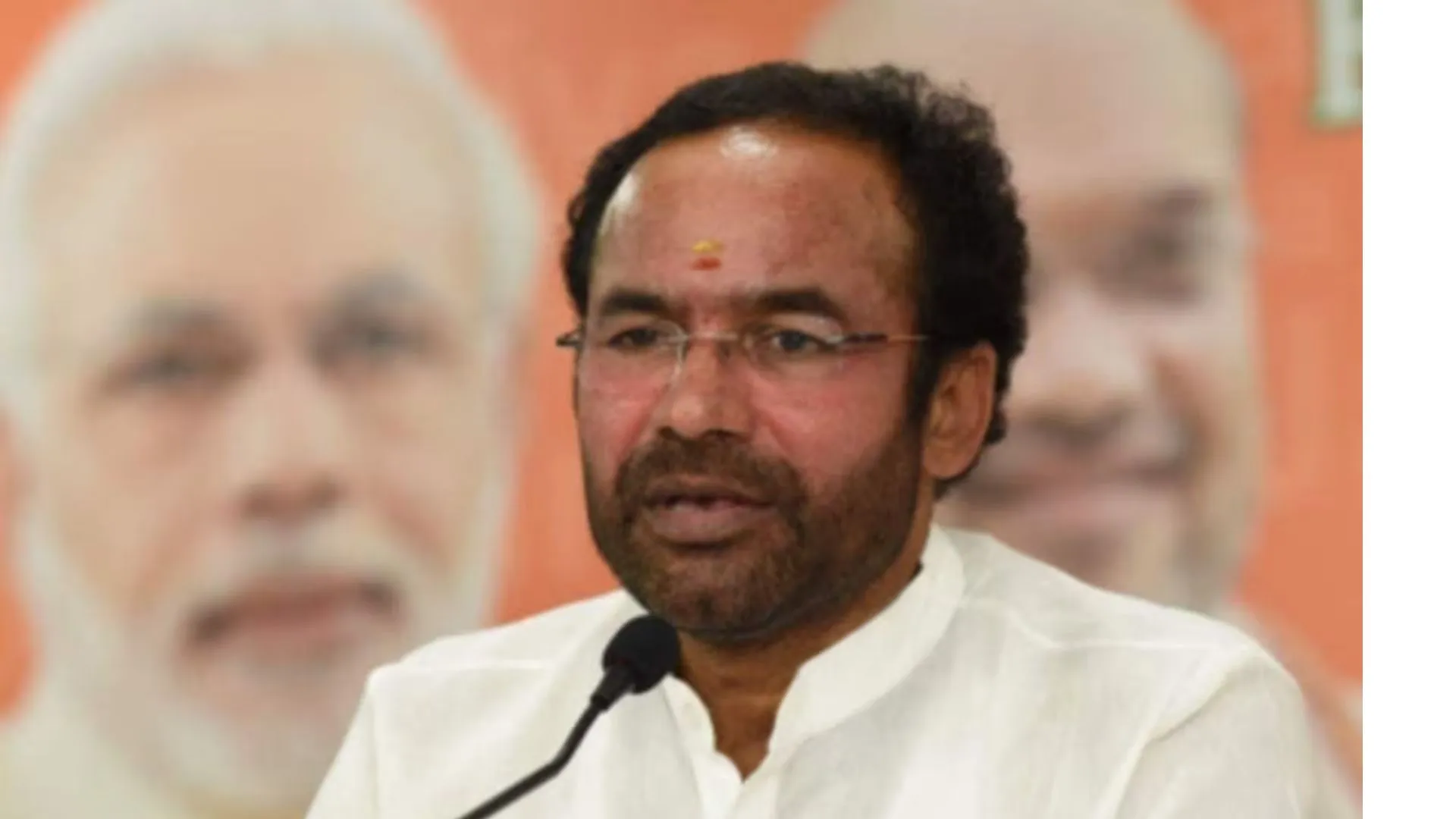Union Minister G Kishan Reddy criticized Congress leader Rahul Gandhi’s visit to Jammu and Kashmir on Thursday, questioning the Congress party’s stance on Article 370 and its alliance with the National Conference. Reddy remarked that Gandhi’s ability to dine at Lal Chowk in Srinagar was only possible due to the efforts of the Narendra Modi-led government over the past decade.
Addressing reporters in Jammu, Reddy stated, “Sonia Gandhi and Rahul Gandhi should tell the people of the country about the resolution of the National Conference. They should also talk about Congress’ stand on Article 370. Do they want to snatch the rights of the people of Jammu and Kashmir again? It is due to the 10 years of work of the Narendra Modi government that he (Rahul Gandhi) was able to go to Lal Chowk and eat food last night”.
BJP National General Secretary Tarun Chugh echoed this sentiment, emphasizing the transformation of Lal Chowk from a hotspot of unrest to a tourist attraction. “This is an expired alliance. Rahul Gandhi came and I saw him eating ice cream. He should thank Narendra Modi for making Srinagar a smart city and a peaceful city. Lal Chowk which was once a stronghold of stone-pelters has now become a tourist hub. This is a changed Jammu and Kashmir.” Chugh commented.
Rahul Gandhi, along with Congress Rajya Sabha MP Mallikarjun Kharge, met with party workers in Jammu and Kashmir on Thursday. During his address in Srinagar, Gandhi underscored the importance of restoring Jammu and Kashmir’s statehood and representation. He remarked, “For us, the representation of the people of Jammu and Kashmir is crucial. After independence, many union territories were upgraded to states, but Jammu and Kashmir is the only instance where statehood was taken away. We want to convey that the people’s voice matters to us and the country.”
Jammu and Kashmir is set to hold its first assembly elections since the abrogation of Article 370. The polls will be conducted in three phases on September 18, 25, and October 1, with vote counting scheduled for October 4. The region’s last assembly elections were held in 2014.
The election marks a significant event as it will take place after a decade-long gap and the dissolution of the PDP-BJP coalition government in June 2018. The Supreme Court had previously directed the Centre to complete the election process by September 30, 2024.
The elections will cover 90 assembly constituencies, with 74 general seats, nine reserved for Scheduled Tribes (ST), and seven for Scheduled Castes (SC). The total electorate stands at 87.09 lakh, including over 3.71 lakh first-time voters.







